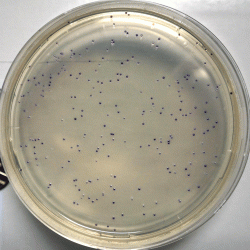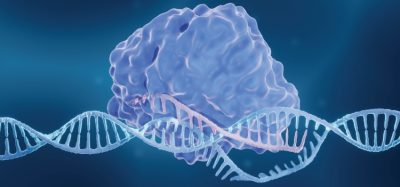Novel bacteria gene activation method developed
Posted: 27 August 2019 | Victoria Rees (Drug Target Review) | No comments yet
Researchers have created a new technique for activating genes using bacteria which could have therapeutic uses.


Bacteria in a petri dish grown using the team’s new method (credit: Yang Liu).
A new study has found that bacteria could be used to target genes normally difficult to activate, including those involved in infections. The development will also make it easier to study how harmful strains of bacteria thrive and cause infections, say the research team.
According to the researchers from the University of Edinburgh, UK, the bacteria could also be used to produce large quantities of medicines using a new gene programming technique.
The novel method, known as programmable gene activation, enables the team to control a wide range of genes. It allows levels of gene activation to be around 100 times higher than existing processes, say the researchers.
The procedure is adapted from a CRISPR approach to make precise changes to the genetic code. They changed the technology by attaching small guide molecules and proteins that target and switch on genes.
Although the team used E. coli in their study, they say that their method is likely to work in many other species of bacteria.
Dr Baojun Wang, of the University of Edinburgh’s School of Biological Sciences, who led the study, said: “This new method has the potential to be a powerful tool for programming bacteria, with diverse applications for research and industry. It could help save a lot of time and money.”
The findings were published in Nature Communications.
Related topics
CRISPR, Gene Therapy, Genome Editing, Genomics
Related organisations
Edinburgh University, Nature Communications
Related people
Dr Baojun Wang







